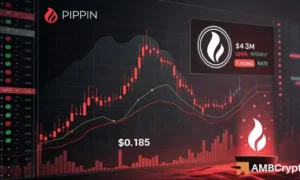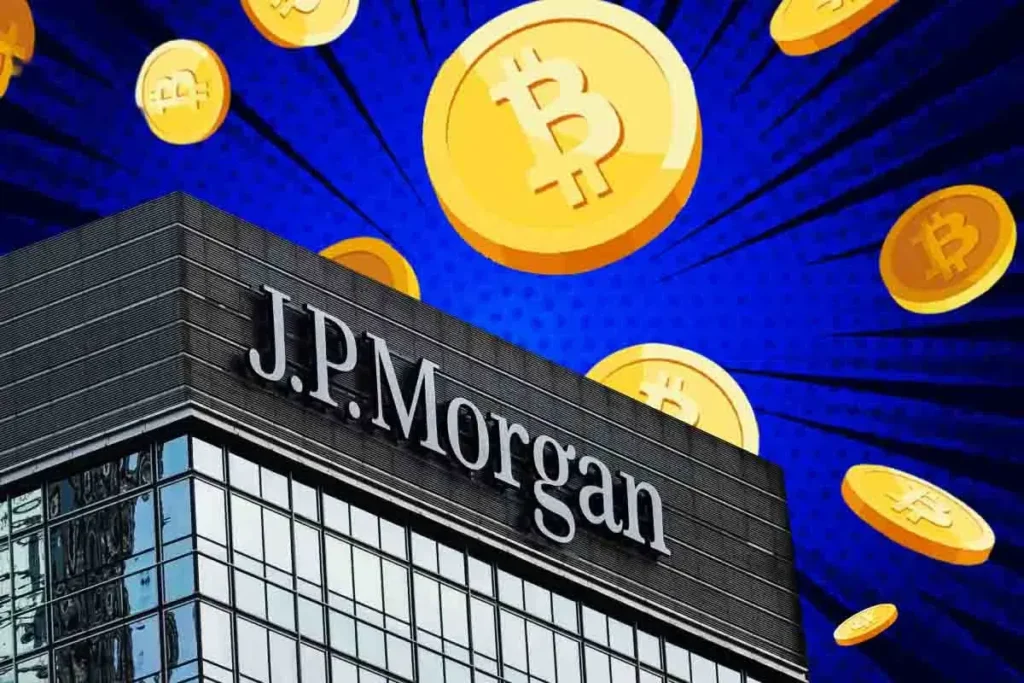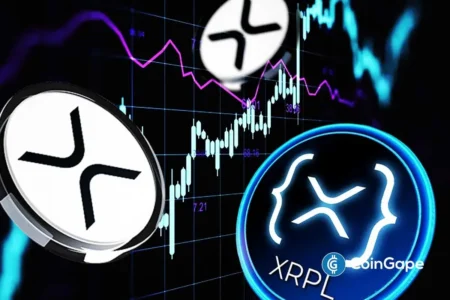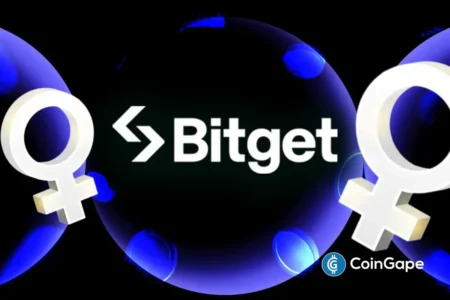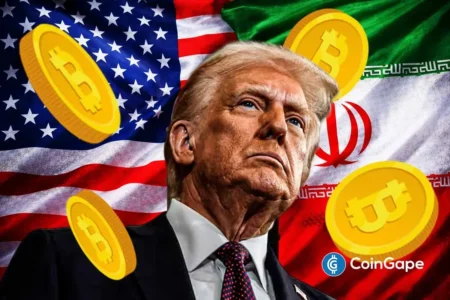Tyler Winklevoss vs. JPMorgan: The Showdown in Cryptocurrency Banking
In a striking development in the cryptocurrency sector, Tyler Winklevoss, co-founder of Gemini, has vocally confronted JPMorgan regarding its treatment of his exchange. Winklevoss recently criticized the banking giant for participating in Operation Chokepoint 2.0, a government initiative perceived as a crackdown on cryptocurrency firms. This altercation has escalated as JPMorgan has indicated it will pause the re-onboarding process for Gemini due to Winklevoss’s public criticisms. This scenario underscores the tension between traditional finance and the emerging cryptocurrency industry, shedding light on broader issues affecting fintech.
JPMorgan’s Reluctance and Winklevoss’s Response
Winklevoss revealed on social media that JPMorgan informed Gemini that it would not proceed with the re-onboarding process because of his criticisms made just a week prior. This decision follows an earlier action where the bank severed ties with Gemini amid Operation Chokepoint 2.0. Winklevoss articulated that JPMorgan appears to prefer his silence, as the bank pushes back against fintechs and crypto companies, aiming to impose substantial fees for access to banking data. This tactic, as he notes, risks damaging the fintech ecosystem by bankrupting smaller firms reliant on affordable access to this data.
Winklevoss’s Call for Transparency and Fair Competition
In his statements, Winklevoss did not hold back in expressing his views about JPMorgan’s motivations. He denounced the bank’s “anti-competitive, rent-seeking behavior,” insisting that such actions aim to cripple the burgeoning crypto space. Winklevoss’s strong stance reflects a growing frustration among crypto advocates regarding the traditional banking system’s reluctance to adapt to innovations in finance. He emphasized that Gemini would continue to advocate for fair banking practices and consumer rights, pushing back against what he regards as a detrimental attitude towards fintech and crypto innovation.
Regulatory Changes and the Future of Crypto
Interestingly, the refusal to re-onboard Gemini coincides with newly released guidance from U.S. banking regulators, including the Federal Reserve, which clarifies that Operation Chokepoint 2.0 should no longer be a concern for banks dealing with cryptocurrencies. Winklevoss highlighted that the “Open Banking Rule” under Section 1033 of the Consumer Financial Protection Act supports user access to banking data via third-party applications, regardless of JPMorgan’s stance. By positioning themselves against this regulation, Winklevoss argued that JPMorgan is obstructing progress and innovation in the financial sector.
The Risk of Regulatory Capture
Going further, Winklevoss pointed out that JPMorgan’s actions symbolize a concerning trend of “egregious regulatory capture” where established banks manipulate regulations to suppress competition. This maneuvering could stifle innovation and leave American consumers at a disadvantage. Winklevoss expressed concern that such practices contradict the broader goal of establishing the U.S. as a leader in cryptocurrency and fintech. He implored the financial community to hold institutions accountable for practices that inhibit growth and innovation.
The Irony of JPMorgan’s Position on Cryptocurrency
Adding another layer to this complex narrative, it is noteworthy that while JPMorgan’s CEO, Jamie Dimon, has long been an outspoken critic of cryptocurrencies, the bank is simultaneously exploring potential avenues within the crypto sector, such as considering crypto-backed loan offerings. This duality highlights the conflict within traditional finance regarding the acceptance of cryptocurrency, positioning JPMorgan’s actions as a reflection of the ongoing struggle between legacy financial institutions and the rapidly evolving world of digital assets.
Conclusion: A Fight for Innovation and Fairness
The confrontation between Tyler Winklevoss and JPMorgan serves as a pivotal moment in the ongoing dialogue about the role of traditional banks within the cryptocurrency ecosystem. Winklevoss represents a growing faction of advocates fighting for fairer practices and greater access to financial technology, while JPMorgan’s actions reflect the hesitance of traditional banks to embrace this disruptive innovation fully. As the regulatory landscape evolves and both sides navigate these tensions, the future of cryptocurrency and its relationship with the banking sector remains uncertain yet compelling. The dispute stands not just as a battle between two entities but as a representation of a broader struggle for innovation, fairness, and the future of finance.
This narrative has significant implications for fintech and crypto companies, as their ability to thrive hinges on overcoming systemic barriers posed by traditional banking practices. As the industry continues to mature, the outcomes of these disputes will be vital in shaping the regulatory framework and market dynamics of the future.
